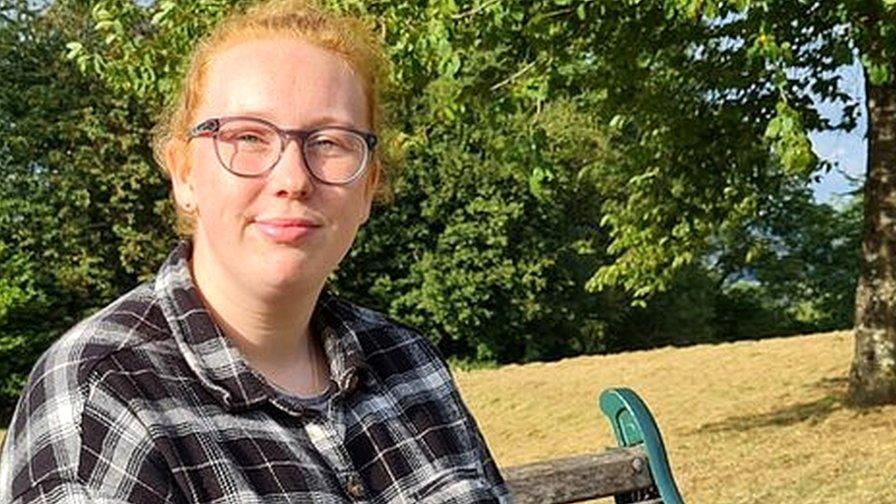Mental health: Turning to illegal drugs during support wait
- Published
Dave describes 'spiralling out of control'
There are concerns young people with mental health problems could be trying to "self-medicate" with illegal drugs rather than seeking help.
Some said they had turned to substances like cannabis and diazepam instead of waiting months for counselling.
Support services have warned social media apps mean many can access dealers in just minutes.
The Welsh government said 92% of people referred for substance misuse treatment got care within 20 working days.
Dave - not his real name - told BBC Wales Live how he was 17 when he realised something was not right.
He began to withdraw from friends and would sometimes go for days without milk or food as he "overthought" everyday tasks, like going to the shops.
He said he knows now he was struggling with his mental health but at the time "didn't even know what mental health was".
"I didn't want anyone to be concerned," he said. "I just wanted to cure myself."
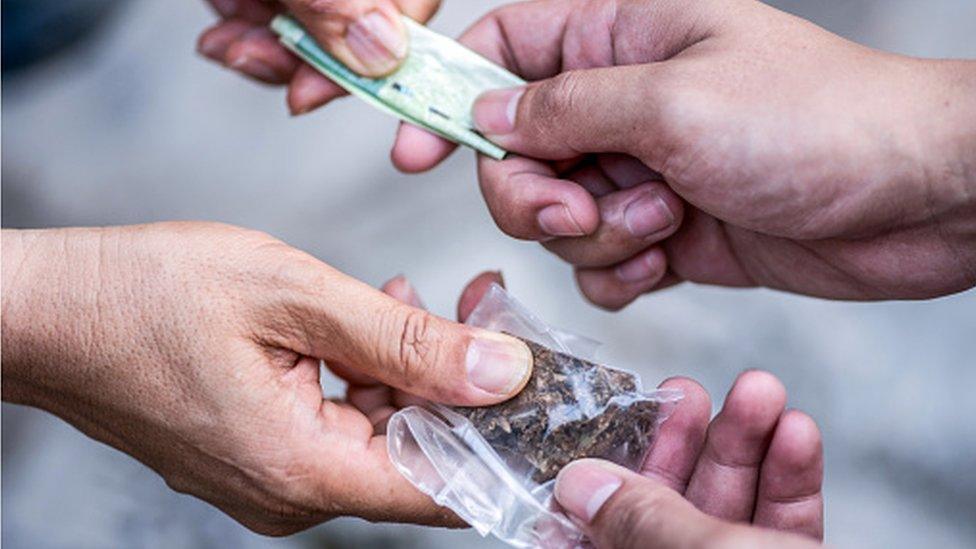
Young people waiting months for counselling can get drugs in 'minutes'
His solution was to take a cocktail of drugs, from cannabis to LSD, in an attempt to alter his mental state and escape a growing volume of intrusive, negative, and often paranoid thoughts.
"I genuinely thought if I smoked this, or took that, that I would be alright, that I would get over my issues and move on," he explained.
"Over time I would create a good relationship with these dealers because I felt like the majority of the dealers were actually taking things themselves and suffering in silence [with their mental health]," he said. "But it started spiralling out of control slowly. I didn't actually realise how depressed I was getting, how manic I was getting, how paranoid I was getting."
One of Dave's most vivid memories was watching a marathon on TV and believing if he chanted "for a certain person in the race... they would win".
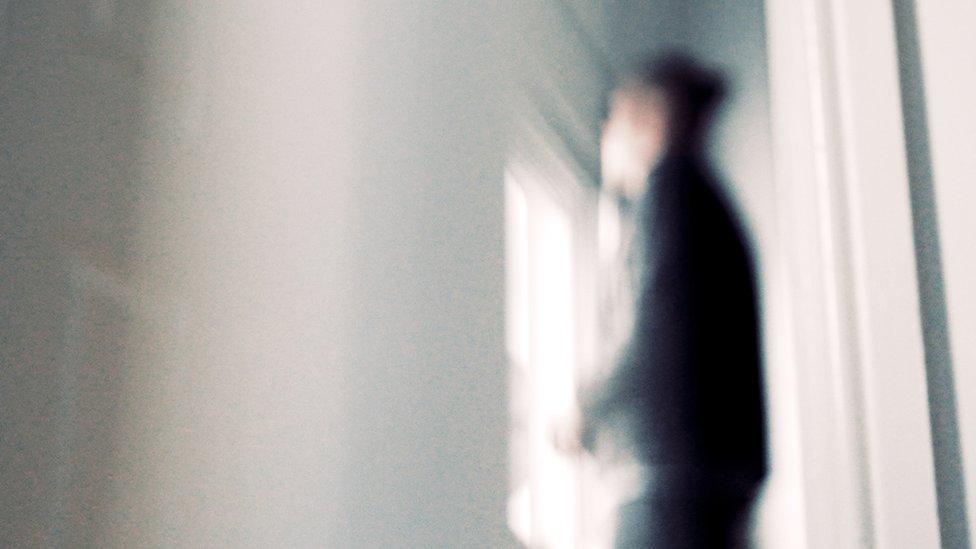
Dave said his drug use made him increasingly paranoid
"The more drugs I was taking, the more I was having these mad paranoid thoughts of people pointing snipers at me through buildings," he said. "I was like 'I need to escape, I need to go because I can't have my parents and brother being involved in this'.
"I just ran. I ended up being really manic around my local village and I got tasered."
The psychotic episode, induced by the mix of drugs he was taking, resulted in him being sectioned and admitted to a mental health ward.
"At first, it's a really scary experience to go through," he said. "I didn't realise anyone was trying to help me. I was still under the impression that everyone was trying to attack me and... I tried to escape from the ward."
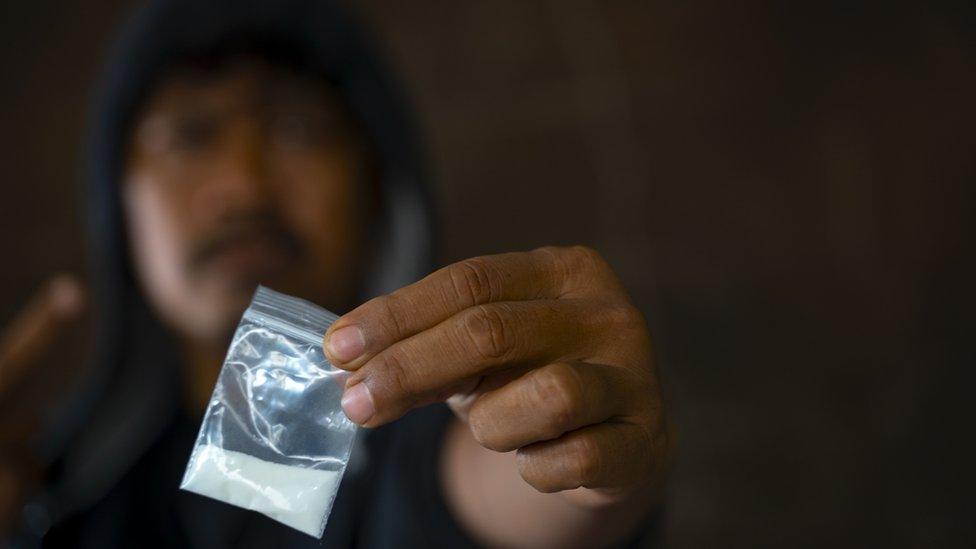
An addiction charity says 13-year-old children and younger are 'self-medicating'
After years of living with depressive and anxious thoughts, this was Dave's first experience with mental health services. He has since recovered and relapsed several times.
After six months sober, said he wished he could have sought help sooner.
But the wait times for GP appointments and talking therapies can be days or even months.
Support workers and young people said social media apps allow drug dealers to deliver substances like cannabis and diazepam in minutes.
Prof Euan Hails, director of mental health and addiction charity Adferiad Recovery, said many young people attempting to "self-medicate" with drugs will not realise they need help until "coming into contact with the law."
He said the charity's services had dealt with 13 and 14-year-olds who needed help for both their mental health and substance use, but they also saw "people much younger than that too".
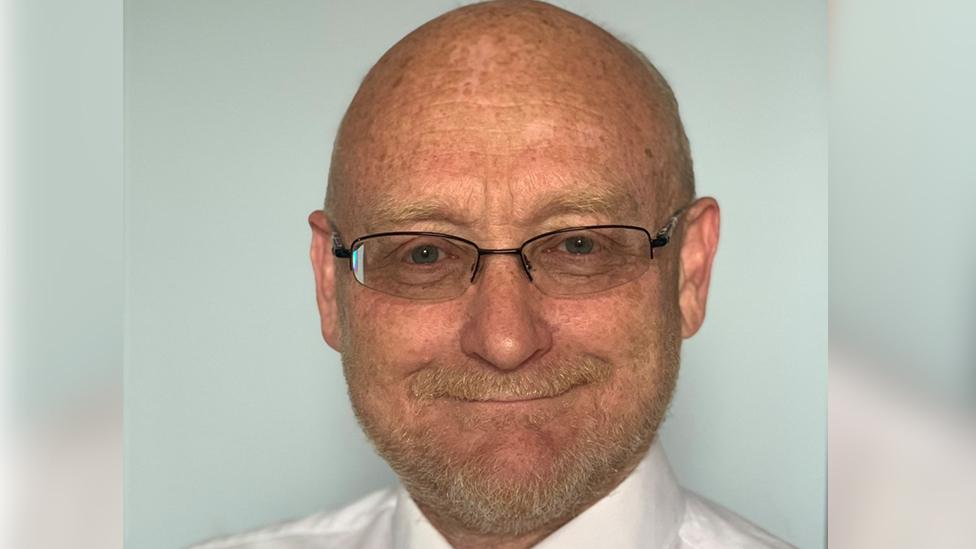
Prof Hails says street drugs can be a 'trigger' for mental health issues
"Young people have a tendency to seek help, but often it's not forthcoming," he said. "There is also more access than there has been to alternative substances.
"Some young people might try that approach rather than going to their GP or loved ones. It can be a way of keeping things private until it then becomes a problem in its own right."
Professor Hails said taking drugs can make issues worse for many young people and can be the trigger for some mental health problems.
'Your head goes crazy because it's a long time'
Jordan, not his real name, started taking drugs after struggling with his mental health as a 15-year-old.
Now 18, he said he attempted to seek help from his GP for the first-time last month.
"I was on the phone for an hour and 14 minutes waiting, from early in the morning," he said. "My appointment was the following week because I said I didn't want to speak on the phone, I needed to speak in person.
"When you need them they're not there, no one's there," he added.
Jordan said it took him months to build up the courage to speak to his GP, but he was told that the wait for talking therapy in his area was around five months.
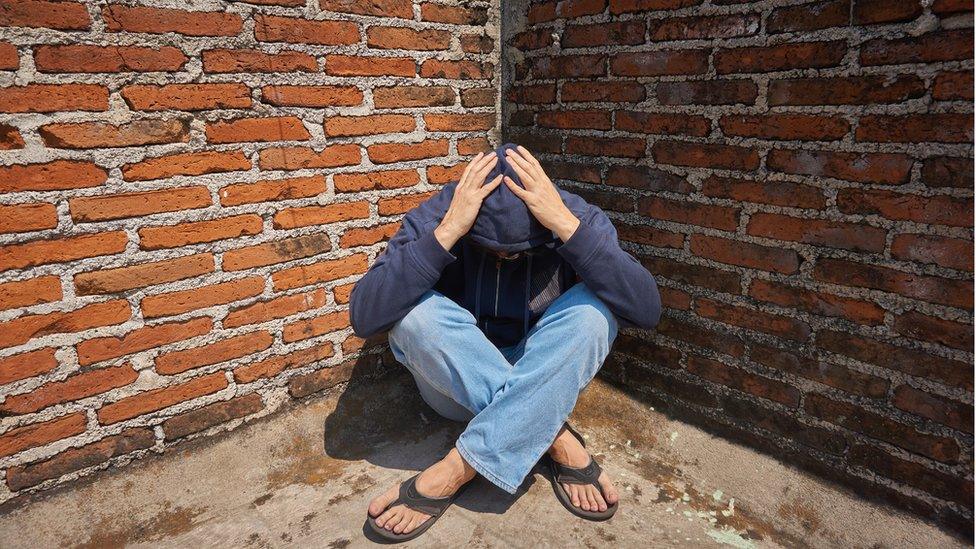
Young people are struggling to get timely access to counselling
"You get angry and your head goes crazy because it's a long time and you need the help," he said. "You're trying to stop what you're doing but you can't because it's five months [wait].
"There's loads of ways [to get drugs]," he said. "If you make the call then they'll be there in like five minutes, maybe two minutes.
"They'll bring whatever you want, they've got everything. A lot of people don't want to go to their GP."
The risks for Dave, Jordan and others, can be stark.
Research from Swansea University suggested that under 25s with mental health problems and substance use issues were nine times more likely to die young.
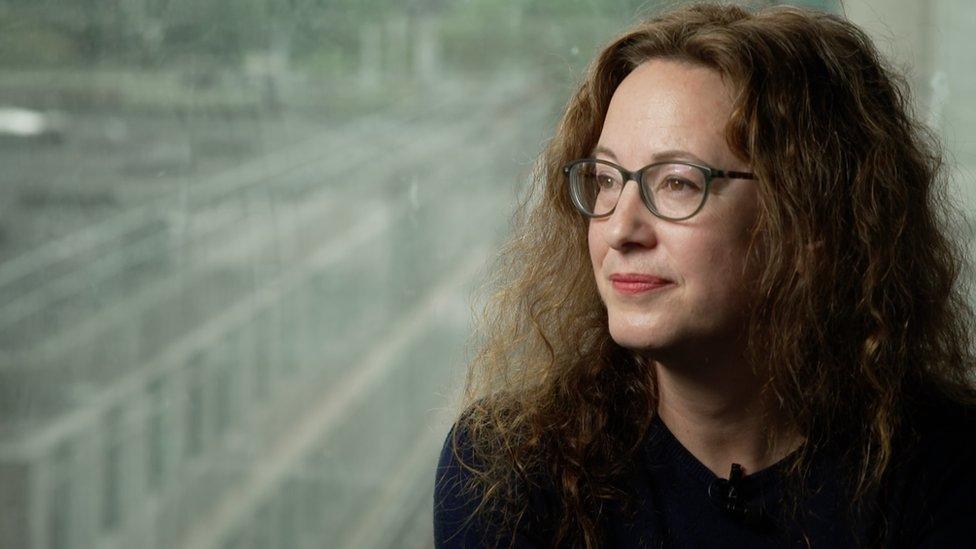
Sarah Rees says the number of young people presenting with mental health problems is probably the 'tip of the iceberg'
Being from the most deprived parts of Wales meant people were three times more likely to struggle with both mental health and addiction issues.
"I think it is very important to know that these figures are just from people who are presenting to health services," said the report's author, Sarah Rees.
"There will be a large amount of need that goes on that unfortunately we haven't been able to capture," she said. "We know that our rates are likely to be the tip of the iceberg."
The Welsh government said it has provided an additional £50m this year for mental health and well-being support.
A government spokesperson said: "Supporting the mental health and wellbeing of children and young people is a priority.
"We have provided record funding to support learners [resulting] in an additional 24,000 counselling sessions, online mental health support and [more than] £5.3m to provide support directly in schools in pilot areas across Wales.
The spokesperson said since 2004 nearly £2m a year has been spent on programmes to educate young people about the risks of substance misuse.
"Hospital admission for opioid use within young people who are 25 and under has also fallen by 27% in the last five years," a spokesperson added.
"Recent figures show that over 92% of people referred for substance misuse treatment accessed care within 20 working days."
For more on this story, watch Wales Live, BBC One Wales at 22:35 BST Wednesday 22 June, or later on BBC iPlayer.
Related topics
- Published22 June 2022
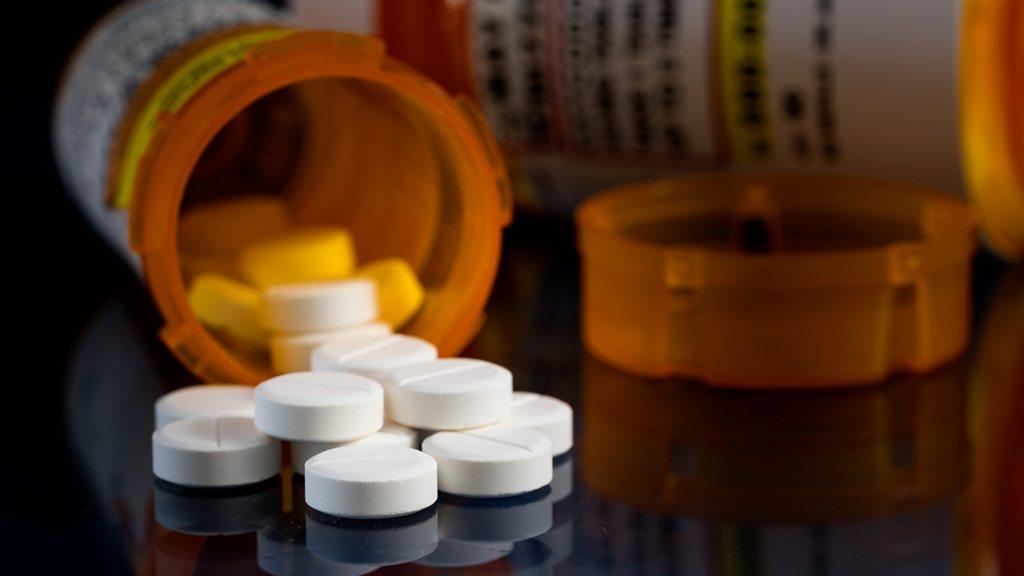
- Published15 August 2019
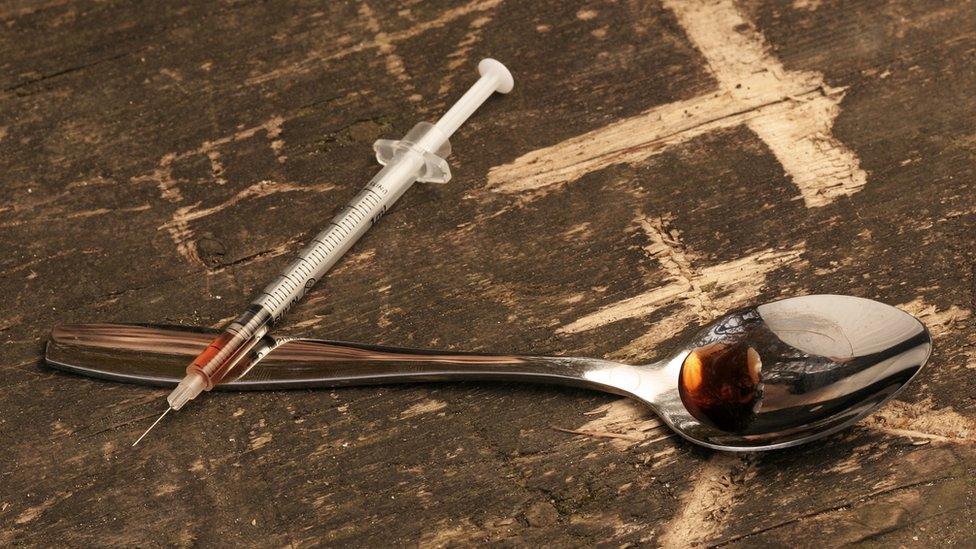
- Published5 October 2021
